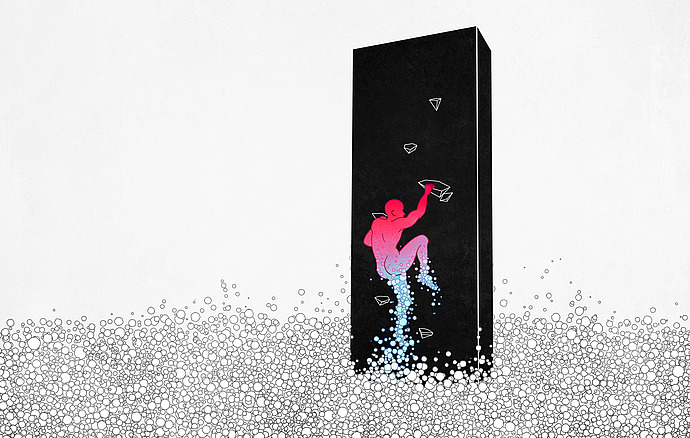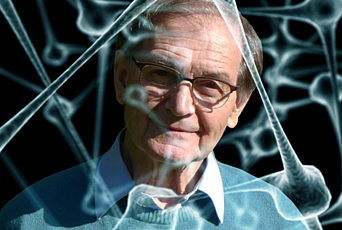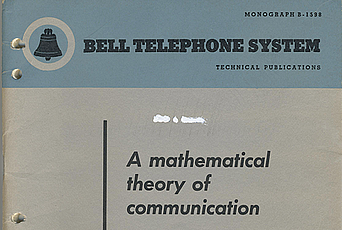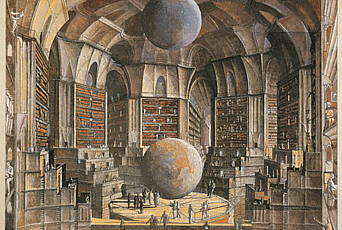
A Theory of Reality as More Than the Sum of Its Parts
New math shows how, contrary to conventional scientific wisdom, conscious beings and other macroscopic entities might have greater influence over the future than does the sum of their microscopic components.
In a recent essay, Erik Hoel, Visitor in the Program in Interdisciplinary Studies, laid out his new mathematical explanation of how consciousness and agency arise. The existence of agents—beings with intentions and goal-oriented behavior—has long seemed profoundly at odds with the reductionist assumption that all behavior arises from mechanistic interactions between particles. Agency doesn’t exist among the atoms, and so reductionism suggests agents don’t exist at all.
Hoel’s theory, called “causal emergence,” roundly rejects this reductionist assumption.
Read more at Quanta.


